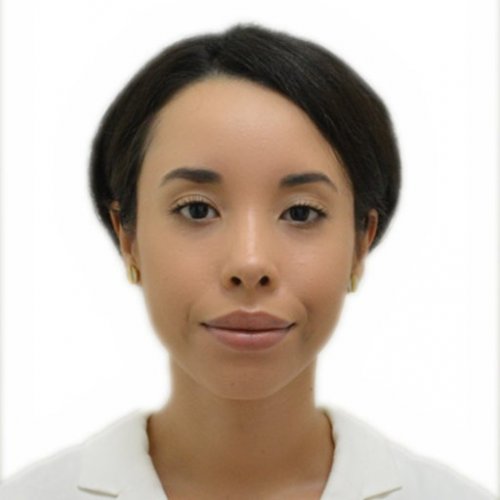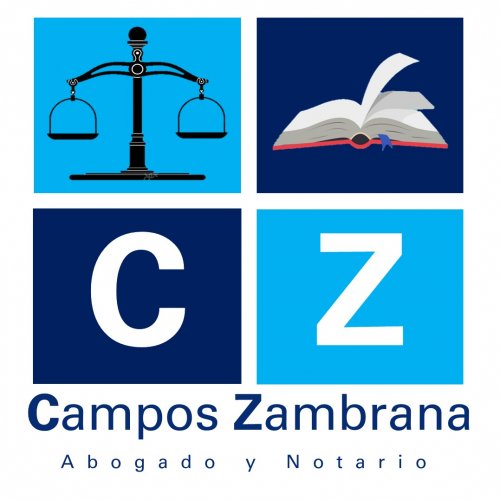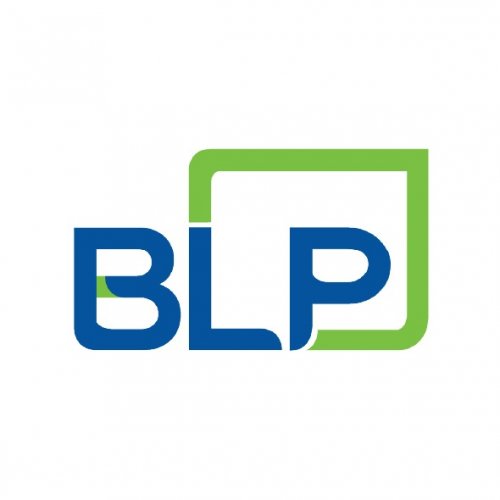Best Patent Lawyers in Nicaragua
Share your needs with us, get contacted by law firms.
Free. Takes 2 min.
Or refine your search by selecting a city:
List of the best lawyers in Nicaragua
About Patent Law in Nicaragua
Patent law in Nicaragua is governed by the Law of Patents of Invention, Utility Models, and Industrial Designs, which aligns with international standards set by agreements like the Paris Convention and the Agreement on Trade-Related Aspects of Intellectual Property Rights (TRIPS). The Nicaraguan Patent Office, part of the Ministry of Development, Industry, and Trade (MIFIC), is responsible for granting patents. A patent in Nicaragua provides the patent holder with exclusive rights to an invention, encouraging innovation and investment in new technologies.
Why You May Need a Lawyer
Seeking legal advice in patent matters can be crucial for several reasons. Navigating the patent application process can be complex and requires a thorough understanding of both local and international patent laws. A lawyer can assist in preparing and filing patent applications, ensuring that all legal requirements are met. Additionally, patent infringement issues, licensing agreements, and disputes over patent rights are common situations where legal expertise is essential. Obtaining professional legal advice ensures that your intellectual property rights are fully protected and enforced.
Local Laws Overview
In Nicaragua, the patent protection period is typically 20 years for inventions, with no possibility of extension. For utility models, the protection period is 10 years. The law requires that inventions must meet the criteria of novelty, inventive step, and industrial applicability to be patentable. Excluded from patentability are methods of treatment, surgical or therapeutic methods, and discoveries, among others. The patent application process involves several stages, including a formal examination, publication, and substantive examination, requiring precise adherence to legal protocols.
Frequently Asked Questions
What is the process for obtaining a patent in Nicaragua?
The process starts with filing a patent application with the Nicaraguan Patent Office. The application is then subjected to a formal examination, publication, and substantive examination before a patent can be granted.
How long does it typically take to receive a patent in Nicaragua?
It can take several years to receive a patent in Nicaragua, depending on the complexity of the invention and the workload of the patent office.
Can foreign applicants file for patents in Nicaragua?
Yes, foreign applicants can file for patents in Nicaragua, either directly or through the services of a local patent attorney or agent.
What are the costs associated with filing a patent in Nicaragua?
The costs vary depending on the nature of the invention and legal representation fees. These may include filing fees, examination fees, and maintenance fees.
Are there any annual fees for maintaining a patent in Nicaragua?
Yes, patent holders must pay annual maintenance fees to keep their patents in force in Nicaragua.
What can be patented in Nicaragua?
Any invention that is new, involves an inventive step, and is capable of industrial application can be patented, except for exclusions specified by law.
Is it possible to appeal if my patent application is rejected?
Yes, applicants have the right to appeal a rejection decision within the framework established by Nicaraguan law.
What constitutes patent infringement in Nicaragua?
Unauthorized production, use, sale, or distribution of a patented invention constitutes patent infringement in Nicaragua.
Can patent rights be transferred or licensed in Nicaragua?
Yes, patent rights can be transferred or licensed to other parties, often requiring the drafting of a formal agreement.
How is a patent enforced in Nicaragua?
Enforcement involves civil litigation, where patent holders can seek injunctions and damages through the courts against infringers.
Additional Resources
Those seeking assistance can reach out to the Nicaraguan Patent Office within MIFIC for guidance. Additionally, professional organizations such as the Nicaraguan Chamber of Commerce and Industry may provide resources and contacts for patent lawyers. International organizations like the World Intellectual Property Organization (WIPO) can also offer valuable information and support.
Next Steps
If you need legal assistance with patent matters in Nicaragua, start by gathering all relevant information about your invention or patent issue. Consult with a specialized patent attorney or agent who is familiar with local and international patent laws. It may be beneficial to get an initial consultation to understand the scope of services required and the associated costs. Taking these steps will help ensure that your patent rights are effectively protected and managed.
Lawzana helps you find the best lawyers and law firms in Nicaragua through a curated and pre-screened list of qualified legal professionals. Our platform offers rankings and detailed profiles of attorneys and law firms, allowing you to compare based on practice areas, including Patent, experience, and client feedback.
Each profile includes a description of the firm's areas of practice, client reviews, team members and partners, year of establishment, spoken languages, office locations, contact information, social media presence, and any published articles or resources. Most firms on our platform speak English and are experienced in both local and international legal matters.
Get a quote from top-rated law firms in Nicaragua — quickly, securely, and without unnecessary hassle.
Disclaimer:
The information provided on this page is for general informational purposes only and does not constitute legal advice. While we strive to ensure the accuracy and relevance of the content, legal information may change over time, and interpretations of the law can vary. You should always consult with a qualified legal professional for advice specific to your situation.
We disclaim all liability for actions taken or not taken based on the content of this page. If you believe any information is incorrect or outdated, please contact us, and we will review and update it where appropriate.
Browse patent law firms by city in Nicaragua
Refine your search by selecting a city.











